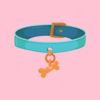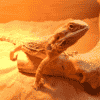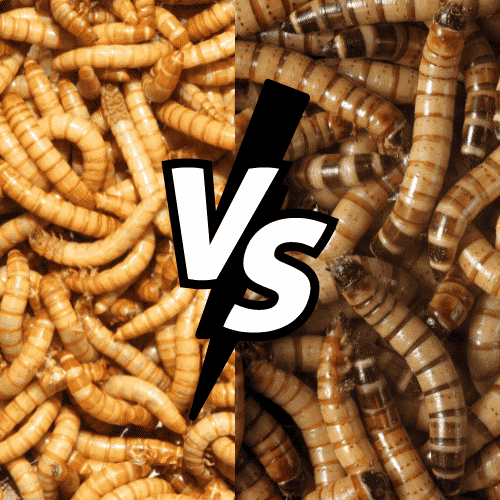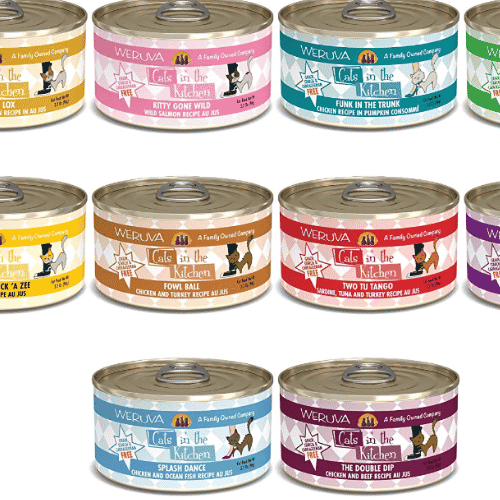The journey to being a pet parent is just as tedious as it is fulfilling. For someone who has never kept pets before, having a creature depends on you but not telling you what it needs or lacks can be quite overwhelming. However, with a little research and a lot of love, pet parenting can be mastered.
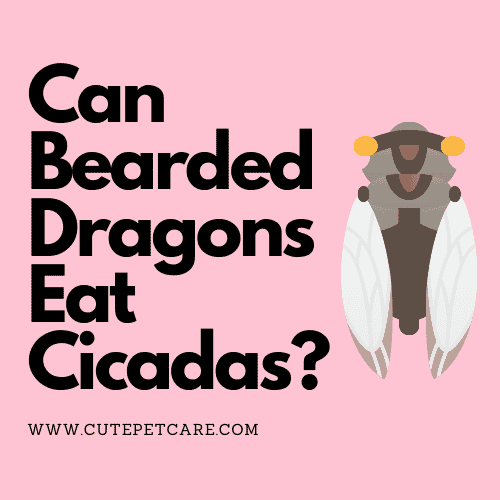
Chief among the basics is the gastronomic needs of the pet. The digestive anatomy of the Bearded dragon is a little complicated and therefore, it is important to familiarise yourself with the dietary requirements and specifications of your new roommate, not just so they can grow properly, but also so that they do not accidentally ingest harmful substances.
A diet without variation is not advisable to anyone, including bearded dragons. They are classified as omnivores. However, it is a common misconception that omnivores can eat anything and everything. All it means is that they need both vegetarians, and non-vegetarian components to be included in their diet from the beginning, to reduce dependencies and addiction to any one food group.
Small insects combined with vegetables, fruits like sweet potatoes or pineapples, and collard greens make the ideal diet for bearded dragons, supplying them with the requisite amounts of vitamins, minerals and proteins. Most new owners go through an extensive learning curve, but comprehensive research online, or an experienced exotic pets vet should come to your aid.
Can Bearded Dragons Eat Cicadas? A Complete Guide
Yes, bearded dragons can eat cicadas. In fact, cicadas are a favorite for them, and quite nutritious too. They are a great source of protein, minerals, and other vital nutrients. That being said, there are a few things that need to be kept in mind before offering these crunchy treats to the dragons.
For instance, it is not advisable to feed cicadas to baby bearded dragons as their fragile digestive system can be damaged from trying to digest the hard texture of cicadas. It is also suggested that you always try to feed fresh cicadas to the bearded dragons. You can feed them dead cicadas, but only as long as they are not decaying.
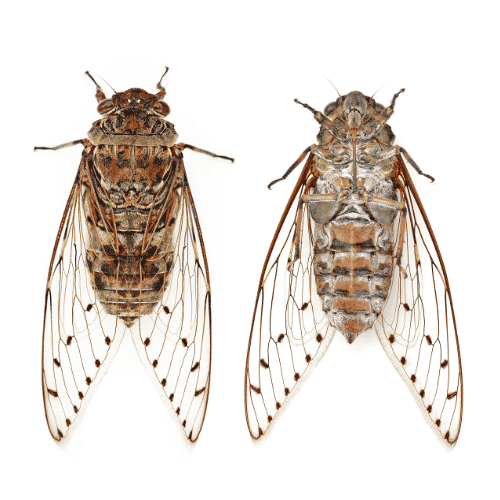
Decay and rot can lead to illness among the dragons. Moreover, bearded dragons should not eat food that is larger in size than the space between their two eyes. Cicadas tend to grow up to an inch, sometimes more. It is imperative that their size be kept in mind before feeding them to avoid digestive complications. Similarly, whole cicadas should be avoided as they are a choking hazard.
Additionally, bearded dragons like to hunt down flying cicadas and then eat them. It is part of their evolutionary behavior and comes as a natural instinct to them. You can always add the flying cicadas into their tank or terrarium. However, flying cicadas are more prone to parasites and you need to ensure that they are safe and not toxic before introducing them into the dragon’s habitat.
Ideally, cicadas should be bought from the local pet store or a reputed dealer to ensure that they are safe for consumption. Check out the best insects you can feed bearded dragons here.
Are Cicadas Poisonous to Bearded Dragons?
Cicadas themselves are not poisonous to bearded dragons. However, they may be carriers of parasites and other toxins. They could also have come in contact with insecticides and pesticides that can poison your pet. The best way to ensure that the cicadas you feed your bearded dragon are not poisonous is to source them from a reputed dealer.
Can Bearded Dragons Eat Wild Cicadas?
Cicadas have been a part of the diet of bearded dragons for ages now. In the wild, they hunt small insects including cicadas. So, the short answer is yes, they can eat wild cicadas.
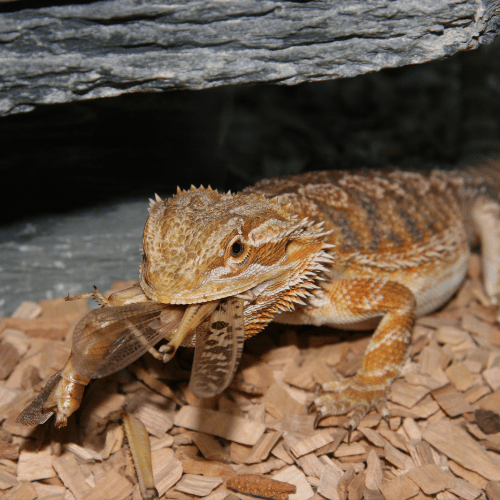
However, the fact is that it is not recommended. This is because it is difficult to ascertain whether or not the wild cicadas have been infected by parasites, or if they were in contact with dangerous chemicals and pesticides. Wild cicadas may also have eaten leaves that can be harmful to the dragons. Therefore, while bearded dragons can eat wild cicadas, they probably should avoid it.
Can Bearded Dragons Eat Cicada Shells?
The shells of the cicadas are a good source of calcium and can be eaten by bearded dragons. They can consume the wings of cicadas as well.
However, do not feed the cicada as a whole as there is a danger of impaction or choking, and so the exoskeleton should be trimmed before feeding the cicadas to the dragons. This will help avoid complications to their gut health.
You’d think 1,000s of years of evolution would have made our beloved beardies aware of their own inherent limitations, but the number of exotic bearded dragons that die prematurely due to faulty ingestions, and choking would prove otherwise.
Best Bugs to Feed a Bearded Dragon – Updated 2022
Bearded dragons can eat a plethora of small insects. While cicadas are a favorite, there are many other bugs and worms that feature in the list of preferred food items. These include waxworms, grasshoppers black soldier fly larvae, Dubai roaches, crickets, mealworms, and earthworms.
Though the latter should be given rarely, and even then, must come from a breeder and not from the bait shop. However, bees, wasps, hornets, and other venomous insects are to be steered clear of. Here again, bearded dragons will try to get their hands on anything that moves, so it’s best to keep bees, and their likes away from their cages as much as possible.
- Can Bearded Dragons Eat Ants
- Can Bearded Dragons Eat Beet Greens?
- Can Bearded Dragons Eat Hibiscus Flowers?
Conclusion
Cicadas are a great option to be included in the diet of your pet bearded dragon. They provide a lot of vital nutrients. However, safety comes first. You must ensure that the cicadas are safe for consumption and that the dragons do not choke on their exoskeleton.
If you are a first-time pet owner, it’s best to play it safe in the early stages, and completely avoid indulgences such as wild insects, including cicadas. These are some things that you can try, once you get a good feel for your pet, and better trust their inherent evolutionary wisdom.

Doctor of Veterinary Medicine (D.V.M.) at Nation Taiwan University,Master of Science (M.S.) in Biomedical Engineering at National Taiwan University of Science and Technology

